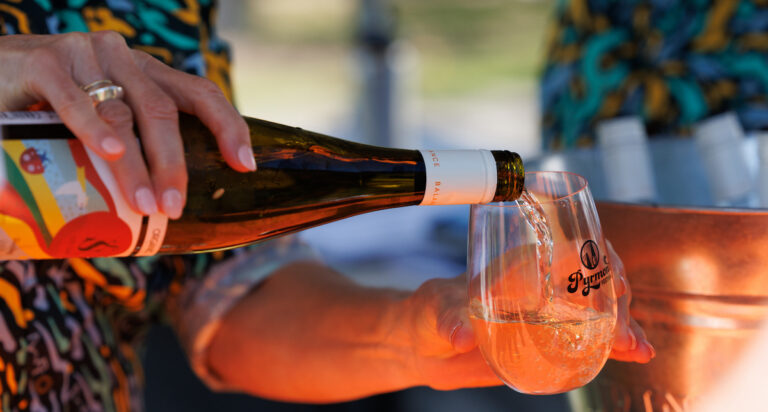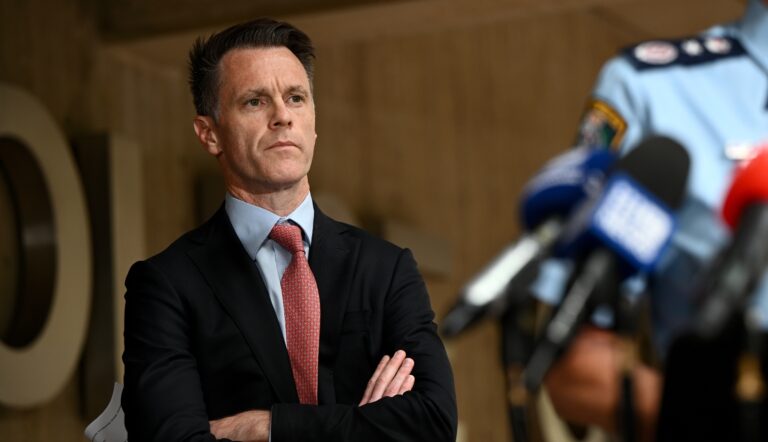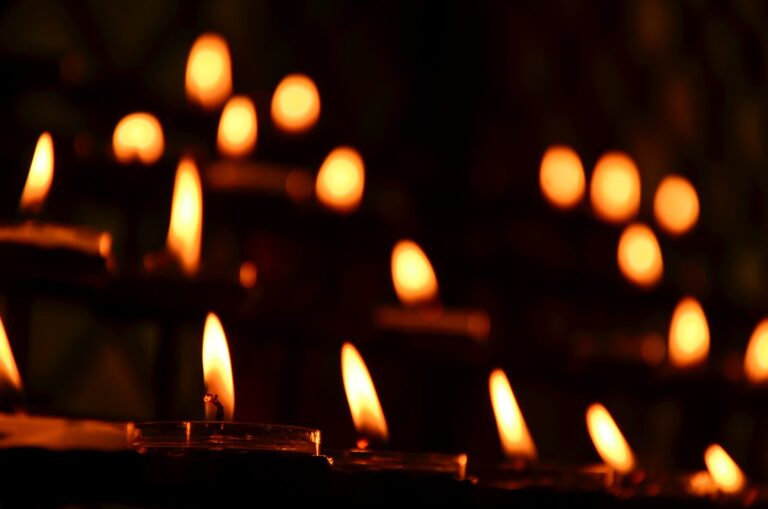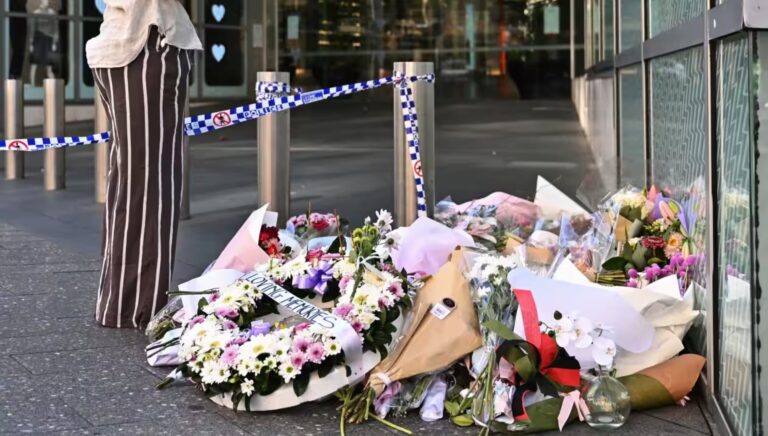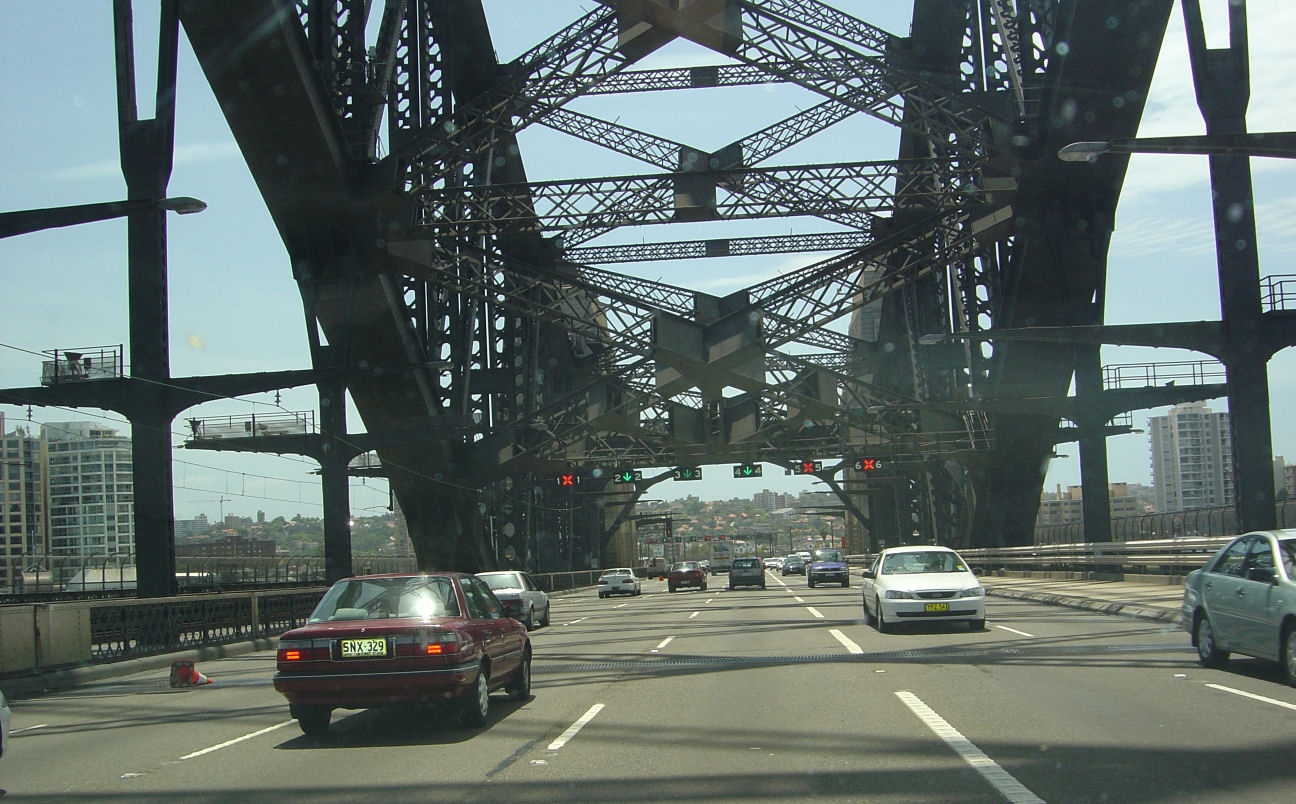
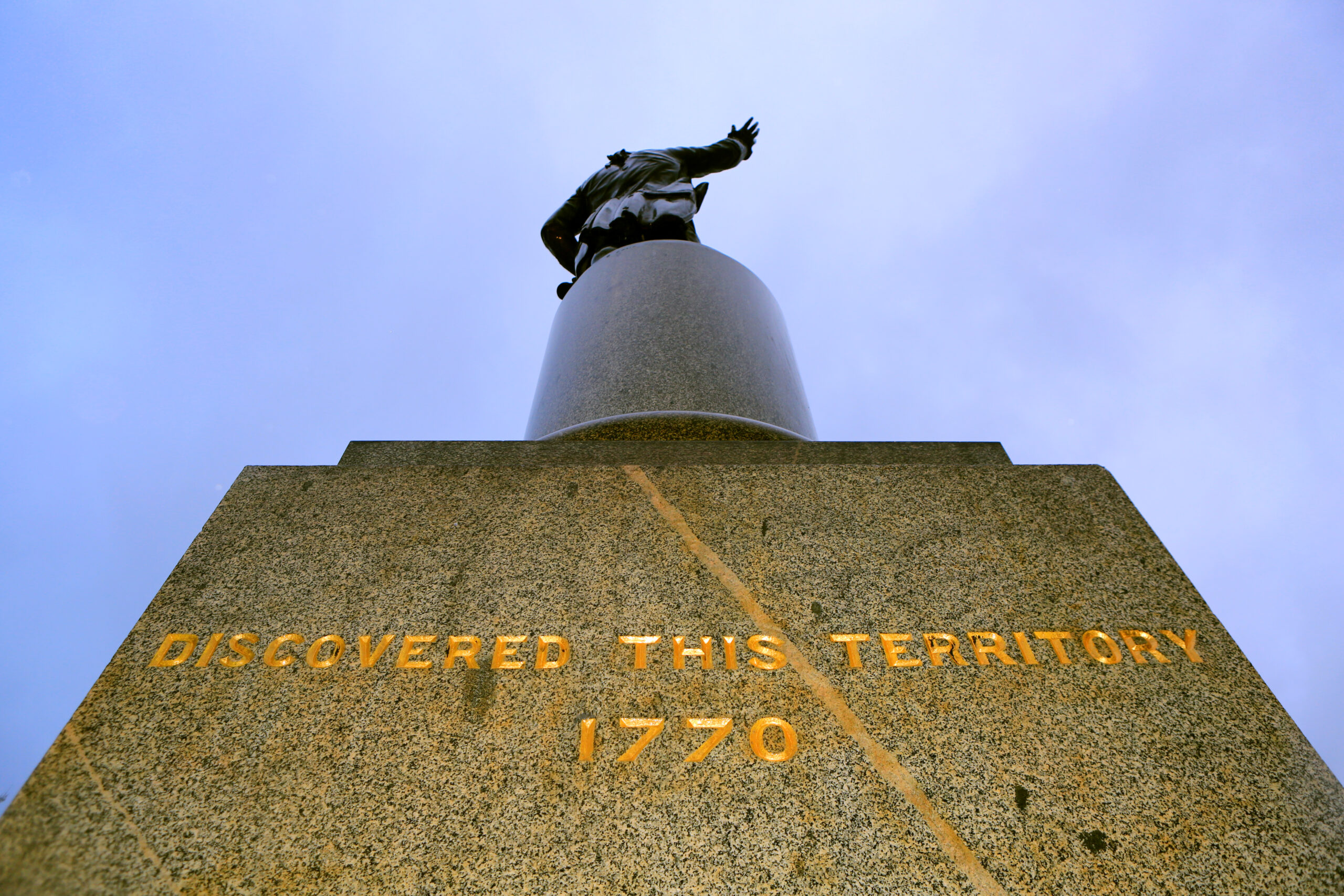
BY ALEC SMART
Graffiti vandals hit the Captain Cook statue in Sydney’s Hyde Park last weekend, demanding an inscription on its plinth be rewritten or erased.
After standing in the park with its right iron arm aloft for over 130 years, long after its esteemed human progenitor was clubbed to death on a Hawaiian beach, the Captain Cook statue is weathering a fresh storm of complaints.
The words ‘No pride in genocide’ and ‘Change the date’ were spray-painted on the statue, the latter a reference to a growing campaign to change Australia Day from 26 January – the day the First Fleet arrived in Botany Bay in 1770 – to a date more agreeable to our Aboriginal population.
A statue of Queen Victoria and a monument to Lachlan Macquarie, the fifth governor of New South Wales, were also attacked.
The issue was ignited when indigenous ABC journalist Stan Grant criticised the inscription on the memorial to Captain Cook, which states the British explorer ‘Discovered this territory’ in 1770. Aboriginal campaigners have long argued that Europeans didn’t ‘discover’ Australia.
The British proclamation after Cook claimed the territory for the Crown, that the newly found Terra Australis was ‘terra nullius’ – i.e., no man’s land – conveniently ignored the fact that the land was already occupied and settled, and had been for 65,000 years.
Although he stopped short of demanding the statue be removed, Mr. Grant claimed it was a reminder of ‘the violent rupture of Aboriginal society,’ when his ancestors were displaced through disease and ethnic cleansing by European settlers.
Over the past month, pitched battles erupted in Charlottesville, Virginia, in the United States following plans to remove a statue of Confederate army general Robert E. Lee, because of his association with racist policies and keeping black slaves. The ensuing public battles saw the notorious Ku Klux Klan and swastika-carrying Nazis rally to the statue’s defence, and resulted in the death of a young woman when a white supremacist drove his car into a crowd of anti-fascist protestors.
In an article Mr. Grant wrote for the ABC, the indigenous advocate claimed the Captain Cook statue, “speaks to emptiness, it speaks to our invisibility. It says that nothing truly mattered, nothing truly counted until a white sailor first walked on these shores.
“Captain Cook’s statue stands in the centre of our biggest city. There are Indigenous people who for good reason would prefer to see it removed,” he wrote. ‘Personally, I accept that it remains; Cook is part of the story of this nation.’
Labor Party Leader Bill Shorten echoed Mr. Grant’s complaints and said he supported the introduction of a new plaque on the statue, one that would acknowledge the presence of indigenous Australians when Cook arrived.
“This country works best when we work together so an additional plaque on Captain Cook’s statue is fine by me,” Shorten said. “Our history didn’t start when Captain Cook sailed into sight of Australia in 1770.”
Lord Mayor Clover Moore revealed she has sought advice from the council’s Indigenous advisory panel concerning replacing the inscription on the Captain Cook statue.
However, neither the NSW government or Prime Minister Malcolm Turnbull, who condemned the graffiti attack as ‘deeply disturbing’, support a new engraving on the statue, or the addition of a reworded plaque.
“Vandalism of statues of James Cook and Lachlan Macquarie is a cowardly criminal act and I hope the police swiftly find those responsible and bring them to justice,” Turnbull stated. “It is also part of a deeply disturbing and totalitarian campaign to not just challenge our history but to deny it and obliterate it.
“This is what Stalin did. When he fell out with his henchmen he didn’t just execute them, they were removed from all official photographs — they became non-persons, banished not just from life’s mortal coil, but from memory and history itself. Tearing down or defacing statues of our colonial era explorers and governors is not much better than that.”
Mr. Grant’s call to change the Captain Cook statue’s inscription and the subsequent graffiti demanding a new date for Australia Day came after two Melbourne councils voted in favour of not celebrating Australia Day in 2018. Both the city of Darebin and the City of Yarra councils passed resolutions in August to stop referring to January 26 as ‘Australia Day’. Darebin Council acknowledged it marked the beginning of the ‘British invasion’, while Yarra Council promised to replace their annual citizenship ceremonies with indigenous-themed events.
In retaliation, the Federal Government stripped Yarra Council of all its powers to hold any citizenship ceremonies and Prime Minister Malcolm Turnbull criticised it as an ‘attack on Australia Day’.
“We recognise that the history of European settlement in Australia has been complex and tragic for Indigenous Australians,” Turbull said. “We recognise the complexities and the challenges of our history. But on Australia Day, we recognise the greatness of our achievement as Australians.”
Aboriginal leader Nyunggai Warren Mundine, former chairman of the Federal Government’s Indigenous Advisory Council and a former president of the Labor Party, strongly supports the call to create a new date for Australia Day.
“For as long as I can remember, indigenous people have referred to January 26 as ‘Invasion Day’, he said in January this year. “More recently we’ve also used the term “Survival Day”, to commemorate our achievements and survival of our nations against the odds.
However, Mr. Mundine was critical of calls to remove the Captain Cook statue in Hyde Park.
“All this nonsense about changing things — we cannot look back at history with our modern minds otherwise we would have to tear down the pyramids because they were built by slaves,” he said.
“In Australia the problem is an absence of memorials, we need more about our own people, our indigenous people.”
There are multiple possibilities for statues to commemorate outstanding indigenous Australians, from historical figures to contemporary sporting and cultural heroes and activists.
Some prime examples relevant to Sydney might include:
Bennelong, representative of the Eora people and friend and adviser to Australia’s first governor Arthur Phillip.
Pemulway, Eora leader and freedom fighter who hunted game to feed the First Fleet settlers but later waged a 12-year guerrilla war against Europeans in reprisal for killings of Aboriginals.
Shellie Morris, folk singer who was raised in Sydney and performs on stages all over Australia.
Cathy Freeman, gold medal winning sprinter who lit the torch in the 2000 Olympic Games in Sydney
Charlie Perkins, Aboriginal activist, Sydney University graduate and soccer player who was one of the key members of the 1965 Freedom Ride, a bus tour through New South Wales by activists protesting discrimination against Aboriginal people in small towns in NSW.
Lance ‘Buddy’ Franklin and Adam Goodes, both phenomenal goal-scoring football players with Sydney Swans Australian Rules Club.
